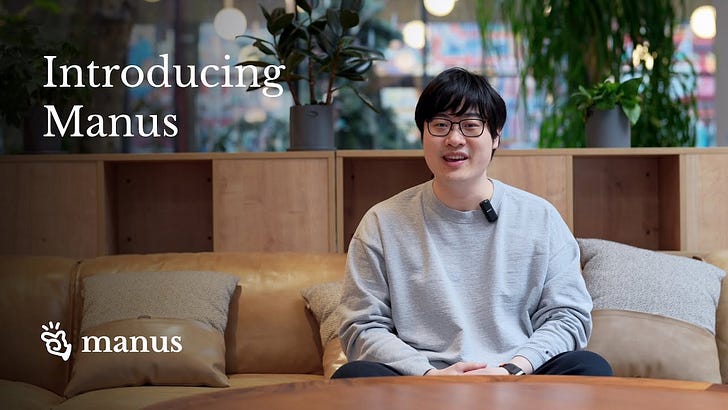Why Generic AI agents like ManusAI will fail big?
Super-Specific AI Agents Are Eating the Lunch of Generic AI Agents with Proof
If you’ve been anywhere near the AI tools ecosystem lately, you couldn’t escape Manus AI, the viral “agent that can do any job.” Here’s the YouTube video that sent it all erupting last month:
The promise is tantalizing: one AI agent, a bit like an intern you never have to pay, that can hop between tasks — writing emails, making webpages, creating templates, scheduling meetings, anything.
But here’s the hard truth the viral videos miss: “Do-it-all” agents are jacks-of-all-trades... and masters of none. Almost always, they underwhelm when compared with deeply specialized agents.
Manus AI vs. Focused Agents: The Real-World Showdown
Let’s get specific.
📄 Email Template Generation: A Simple Test
Say you want to generate a ready-to-send, beautiful HTML email template. You try:
Manus AI agent: Give it the task, and you wait... and wait... as it “thinks” and juggles plugins.
Mailmodo Template Generator Agent (purpose-built, trained for one job): Paste your requirements and—boom—template done.
⏱️ Real Numbers
Manus AI: ~13 minutes, and the result is... well, see for yourself:
Mailmodo Template Agent: Less than 30 seconds, plus the output is polished and near-campaign-ready:
Why is this happening?
Generic agents like Manus have to improvise, stitching together runs and reasoning through steps with incomplete domain knowledge.
Specialized agents are laser-focused, turbocharged with fine-tuned models and step-by-step workflows tailored for one task.
The Agent Future: Many Specialists, Not One Generalist
This is a lesson tech always relearns. Remember when software was “monolithic” and tried to do everything? Eventually, microservices and APIs took over because excellent small parts > one so-so lump.
In the AI world, the same arc is playing out.
Enter the MCP (Multi-Agent Coordination Platform)
Instead of everyone spinning up “universal” agents, the future is a network of highly specialized mini-agents—each an expert with a clear job. Picture your workflow:
Client needs a template.
Your MCP picks the best-in-class Template Agent.
Need a copy tweak? The MCP passes it to a Copywriting Agent, which sends it back.
All done in seconds, with clean, beautiful outputs.
And unlike the “Manus monoculture” (one company, one platform, one intelligence), the MCP ecosystem is democratic, open-source, and composable. Anyone builds an agent; the best float to the top; everyone benefits.
Everyone Talks to Everyone
This is the real “AI as operating system”—agents talking to agents, orchestrated by a transparent, community-driven MCP. It’s what the internet was supposed to be: open, remixable, not locked inside one company’s moat.
Summary Table
The Takeaway
The future isn’t ONE BIG AGENT that does everything “just okay.” The future is thousands of specialized super-agents, coordinated by open platforms for the best results—faster, cheaper, and with less frustration.
If you want great email templates, or any task done right, the solution isn’t a generic “smart intern”—it’s a best-in-class expert, on tap instantly, in an open and democratic ecosystem.
The AI monoculture is dead. Long live the MCP and the mini-agents!
What do you think? Tell me in the comments: Would you use a do-it-all AI or pick your teammates the smart way?






